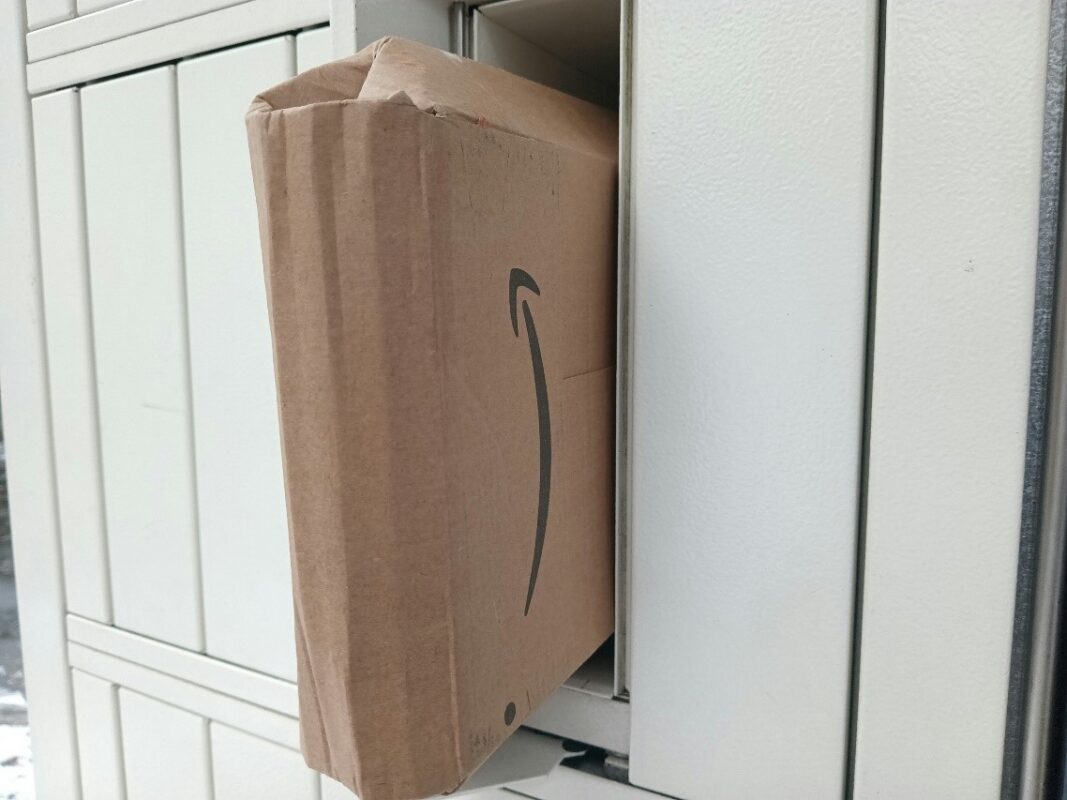In an era where e-commerce is booming and consumer expectations are higher than ever, the way companies manage returns has become a defining factor of operational excellence. Reverse logistics, the process of handling product returns, recycling, refurbishing, or disposal, has evolved from being a logistical headache to a strategic advantage. Forward-thinking companies are beginning to recognize returns not as losses, but as opportunities.
This shift is transforming how businesses approach sustainability, customer satisfaction, and operational efficiency.

Rethinking Returns: From Cost Center to Growth Lever
For decades, returns were viewed as a sunk cost, an unavoidable consequence of doing business. However, modern reverse logistics is proving that what was once a weakness can now become a powerful growth lever. Retailers and manufacturers alike are embracing smart technologies, AI-powered systems, and predictive analytics to manage and optimize return flows.
One of the key benefits is data-driven decision making. By tracking the lifecycle of returned products, companies can identify recurring product issues, improve quality control, and refine product design. What once ended up as waste is now fueling innovation.
More importantly, reverse logistics enables businesses to enhance customer loyalty. A seamless, hassle-free return process has become a major selling point, especially in sectors like fashion, electronics, and consumer goods. Brands that prioritize flexible return policies and efficient processes not only recover lost revenue but also strengthen trust with their customers.
Some companies are even creating new revenue streams through return-driven models. Refurbished product lines, recommerce platforms, and second-hand marketplaces are becoming mainstream. These initiatives also align with rising consumer demand for sustainable shopping options, further proving that returns can be both profitable and purposeful.

Technology, Sustainability, and the Role of Digital Experts
The success of reverse logistics is increasingly tied to the integration of digital tools and sustainable practices. Inventory systems, warehouse automation, route optimization, and real-time tracking are just a few of the innovations reshaping the industry. But implementing such changes requires more than just technology, it requires a cultural shift and expert guidance.
This is where the esperti del digitale no profit are making a difference. While traditionally associated with the nonprofit sector, these professionals bring a unique blend of tech expertise and value-driven thinking that is becoming increasingly relevant to for-profit industries. They advocate for systems that are both efficient and ethically sound, helping companies design reverse logistics solutions that reduce waste, lower emissions, and extend product lifecycles.
Sustainability is no longer just a buzzword; it’s a strategic imperative. Brands are being held accountable not just for the products they sell, but for what happens after the sale. Reverse logistics, when done right, becomes a pillar of corporate social responsibility (CSR), and a tool for measurable environmental impact.
In addition, collaboration with digital experts from the nonprofit world brings a fresh, people-centered approach to customer engagement. They help organizations develop transparent, inclusive return policies and communicate them in a way that builds credibility and long-term brand equity.

